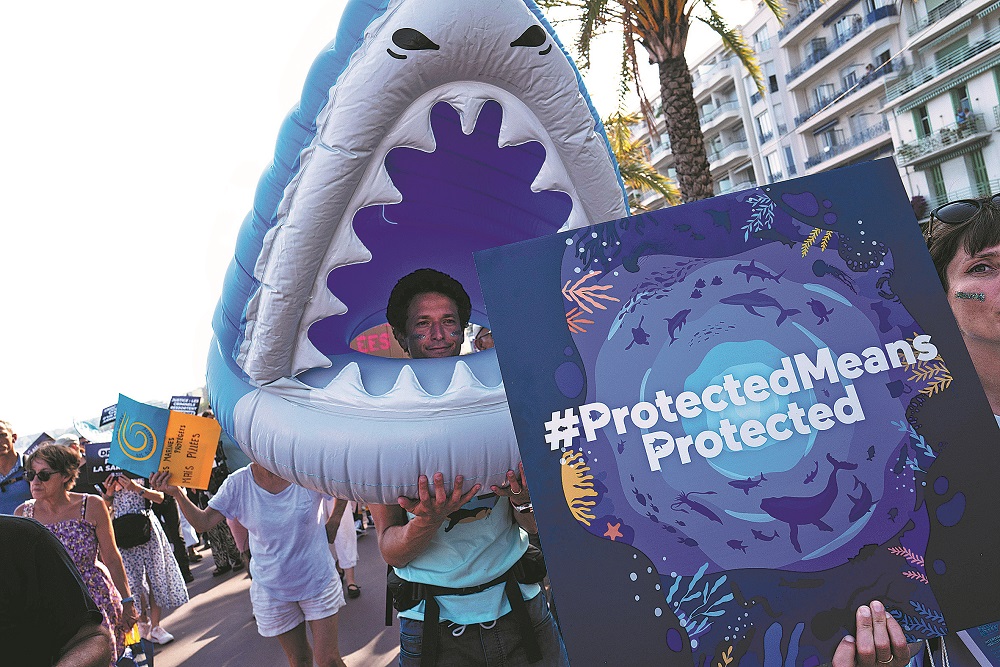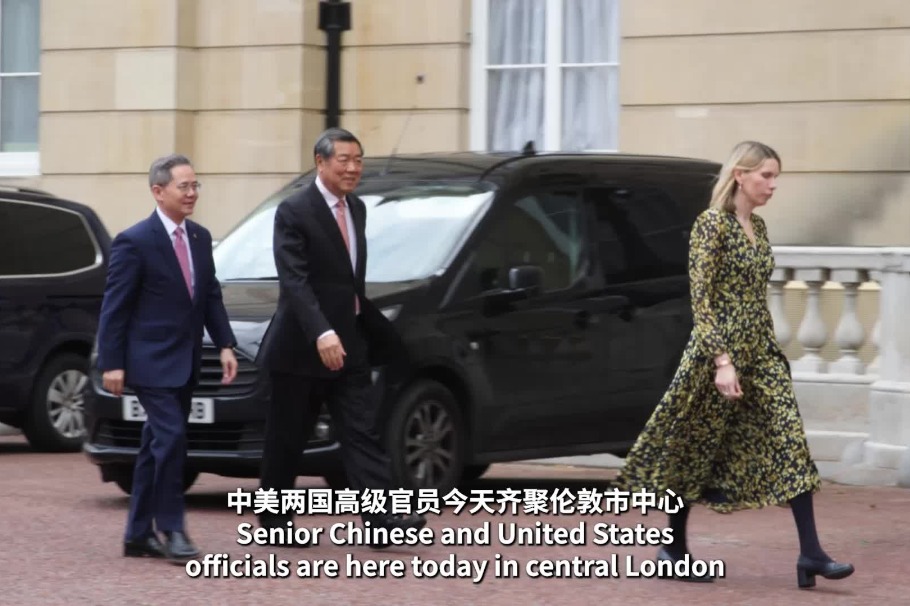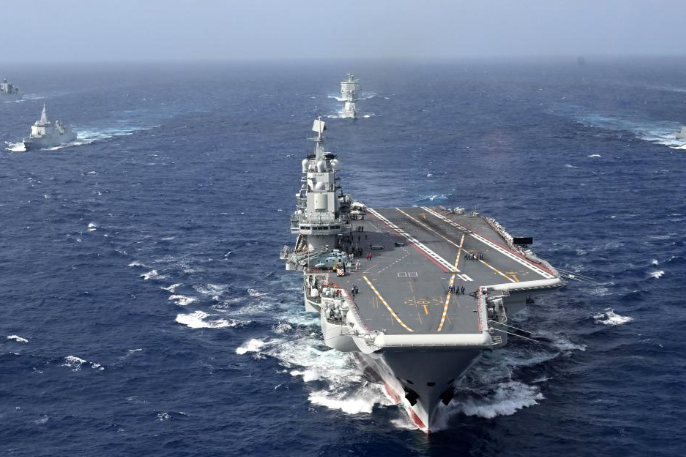UN Ocean Conference a push to turn promises into protection


NICE, France — A global summit on the dire state of the oceans kicked off on Monday in France, with calls to ban bottom trawling and bolster protections for the world's overexploited marine areas.
World leaders attending the UN Ocean Conference in Nice have been told to come up with concrete ideas — and money — to tackle what organizers call a global "emergency" facing the neglected seas.
UN Secretary-General Antonio Guterres urged world leaders to ratify a treaty that would allow nations to establish protected marine areas in international waters, warning that human activity was destroying ocean ecosystems.
Guterres, speaking at the opening of the conference on Monday, cautioned that illegal fishing, plastic pollution and rising sea temperatures threatened delicate ecosystems and the people who depend on them.
"The ocean is the ultimate shared resource. But we are failing it," Guterres said, citing collapsing fish stocks, rising sea levels and ocean acidification.
The High Seas Treaty, adopted in 2023, would permit countries to establish marine parks in international waters, which cover nearly two-thirds of the ocean and are largely unregulated.
Hitherto, only an estimated 1 percent of international waters, known as the "high seas", have been protected.
The drive for nations to turn years of promises into meaningful protection for the oceans comes as President Donald Trump pulls the United States and its money out of climate projects and as some European governments weaken green policy commitments.
French President Emmanuel Macron said on Monday that it was a "necessity" for nations to impose a moratorium on deep-sea mining.
"I think it's madness to launch predatory economic action that will disrupt the deep seabed, disrupt biodiversity," he told the gathering.
The appeal for unity comes as nations tussle over a global plastics pollution treaty, and the United States sidesteps international efforts to regulate deep-sea mining.
On the eve of the summit, Brazil's President Luiz Inacio Lula da Silva said that leaders must act now: "The planet can no longer tolerate broken promises."
The United Kingdom was expected to announce a partial ban on bottom trawling in half its marine protected areas, putting the destructive fishing method squarely on the summit agenda.
Bottom trawling sees huge fishing nets dragged across the ocean floor, a process shockingly captured in a recent documentary by British naturalist David Attenborough.
Macron on Saturday said France would restrict trawling in some of its marine protected areas, but was criticized by environment groups for not going far enough.
Just 8 percent of global oceans are designated for marine conservation, despite a globally agreed target to achieve 30 percent coverage by 2030.
But even fewer are considered truly protected, as some countries impose next to no rules on what is forbidden in marine zones, or lack the finance to enforce any rules.
Samoa led the way last week, announcing that 30 percent of its national waters would be under protection with the creation of nine marine parks.
Nations face calls to cough up the missing finance for ocean protection, which is the least funded of all the UN's 17 Sustainable Development Goals.
The summit will not produce a legally binding agreement at its close like a climate COP or treaty negotiation. But diplomats and observers said it could mark a much-needed turning point in global ocean conservation if leaders rose to the occasion.
"The UN Ocean Conference gives us all an opportunity to turn words into bold and ambitious action," said Enric Sala, founder of Pristine Seas, an ocean conservation group.
Agencies via Xinhua

































